Imposter Syndrome and the Highly Sensitive Person
As beads of sweat trickled down my face, a sense of dread washed over me. They'll soon uncover the truth—I don't belong here, and there's no escaping it. My heart pounded against my temples, my stomach twisted in knots. I never should have attempted this. Can I just slip away unnoticed? Yet, I found myself frozen in my seat, entangled in the clutches of imposter syndrome—an unsightly cousin of performance anxiety. As a highly sensitive person (HSP), I felt its potent grip enveloping my mind, body, and emotions.
I was like a tiny kitten donning a lion's costume, fearful of being exposed.
Unmasking Imposter Syndrome: When Highly Sensitive People Feel Like Imposters
What I was experiencing in that moment, as I sat in my first doctoral class, bracing myself for my inaugural lecture, was imposter syndrome. For HSPs, this overwhelming experience often holds us captive within our comfort zones. Imposter syndrome strikes mercilessly, bypassing our rational thinking, and seeping into our emotions and physical being. It isolates us, fearing that others will uncover our true selves and feeling guilty for deceiving them.
Rooted in shame, imposter syndrome convinces us that we are insufficient—lacking in intelligence, preparation, achievement, qualifications, and overall worthiness. Paradoxically, it can be filled with conflicting notions: we're too lucky (which explains our current situation), yet not lucky enough (for we fear being exposed).
How Imposter Syndrome Takes Its Toll on Highly Sensitive People
This onslaught of physical, mental, and relational symptoms becomes a recipe for overstimulation and overwhelm among HSPs. Our tendency to engage in deep and introspective thinking only perpetuates the cycle of self-defeating thoughts, intensifying imposter syndrome. With each fearful and ashamed thought, we layer upon layer to the emotional weight of this syndrome, until it becomes an impenetrable monolith.
Our experiences of feeling devalued for our sensitivity lay the groundwork for the distress of imposter syndrome. We often feel like perpetual outsiders, perpetually striving to conceal our sensitive nature and never quite fitting in. This magnifies our fear of discovery, judgment, and unworthiness. We create a narrative that any of our achievements occurred despite our inherent sensitivity—an Achilles' heel that we try desperately to conceal.
Navigating Imposter Syndrome
I wish I could offer you a quick and effortless method to overcome imposter syndrome, but truthfully, that's not realistic. However, I do have some practices that, with persistent effort over time, can make a tremendous difference. These practices provide a uniquely tailored way for you to navigate through imposter syndrome, fostering greater confidence, self-acceptance, and authenticity as you pursue your goals.
Breaking Free from Isolation
Like all experiences rooted in shame, imposter syndrome thrives in isolation. We convince ourselves that our painful experiences are undeniable truths, setting us apart from others. We fear that if people knew the truth about us, we would face rejection—believing ourselves to be imposters, frauds, unworthy beings.
The arduous path to relief begins with breaking out of our isolation. Discovering the prevalence of imposter syndrome, particularly among women and marginalized groups, is one step toward loosening its grip. Many of my therapy clients initially believe they are the sole bearers of such intense imposter syndrome. To their surprise and relief, they learn they are not alone.
Together, we explore ways for them to connect with others and share their experiences, diminishing the thought that "I'm the only one who feels this way
Warm wishes,
Tekin Meric, MSc
Counselor & Coach
If you would like to receive counseling or coaching support as you navigate these emotions, please feel free to reach out. I would be honored to hold a space for you online or in my practice in Amsterdam.



